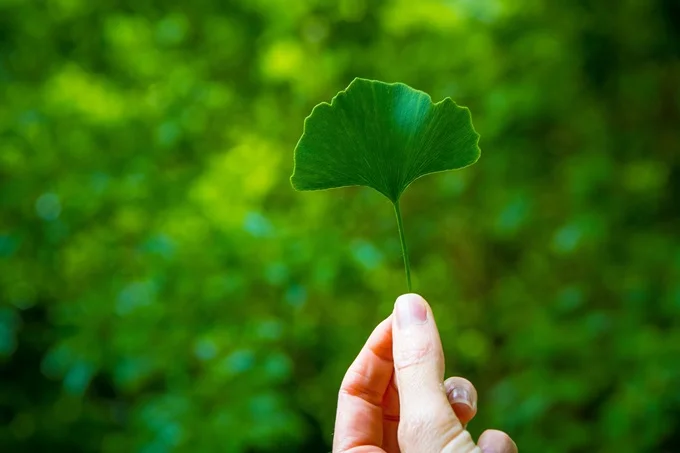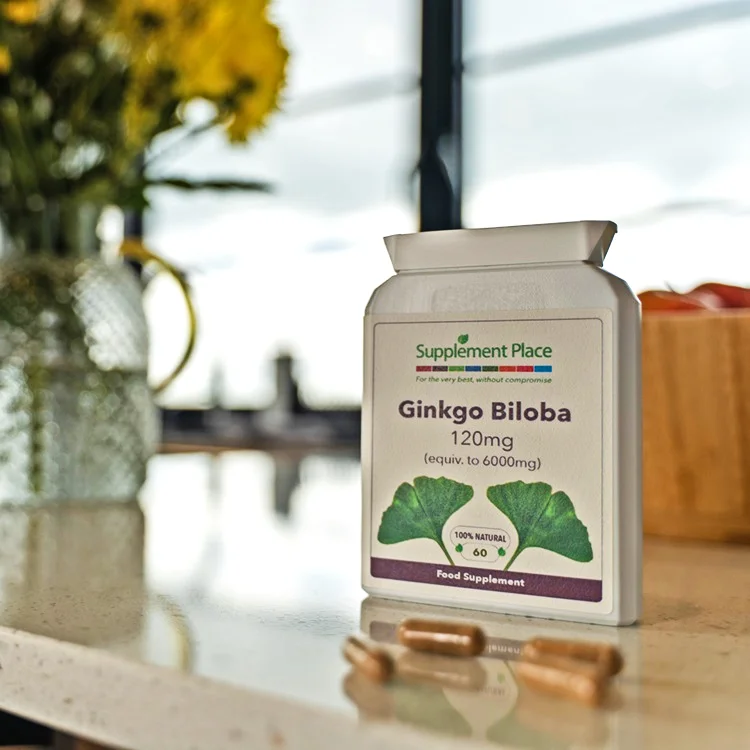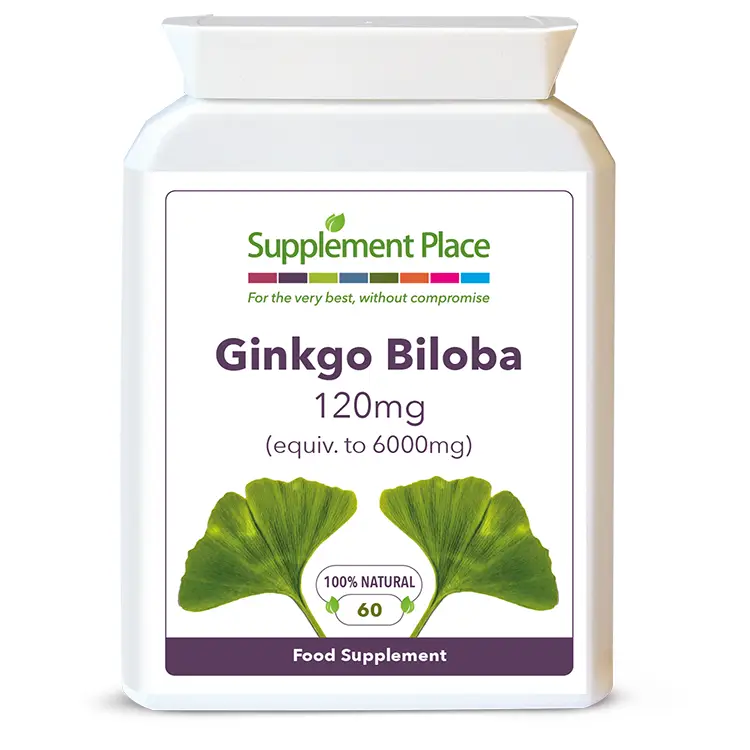Table of Contents
Do you suffer with a persistent ringing, buzzing or hissing sound no one else can hear? Does it affect your mood, your ability to sleep or concentrate? You may be suffering with tinnitus. There are currently no medications that specifically target tinnitus but Ginkgo Biloba, a natural adaptogen, may be able to provide some relief.
What is Tinnitus?
Tinnitus is the perception of hearing noises that do not come from an external source and others cannot hear. It is commonly described as a ringing, buzzing, humming, whooshing or hissing noise heard in one or both ears. It can affect both adults and children and for some it will improve or go completely over time, but in some cases, it can get progressively worse.
Tinnitus is generally not considered to be a serious medical issue, but some people may experience low mood, poor sleep and difficulty concentrating. This can lead to feelings of depression and anxiety.
What Can Cause Tinnitus?
A definitive reason or cause for tinnitus is not clear, but here are some possible factors that can contribute to tinnitus:
- Hearing Loss – Tinnitus is common in those suffering with hearing loss.
- Noise Exposure – Loud environments can cause people to experience tinnitus.
- Ear infections – Infections or blockages in the ear canal can trigger tinnitus.
- Ménière’s disease – A disorder affecting the inner ear. Other symptoms include vertigo and hearing loss.
- Medication – Certain prescribed medications can cause tinnitus.
Important note: If you are suffering with tinnitus after a head injury you should contact A&E.
Tinnitus Treatment

There are some treatments and management techniques used to help combat tinnitus:
Hearing Aids
Many people suffering from tinnitus also suffers from hearing loss. Introducing a hearing aid can improve hearing and may reduce the severity of tinnitus.
Cognitive Behavioural Therapy (CBT)
CBT is used in the treatment of psychological conditions such as depression and anxiety but can also be effective in the treatment of tinnitus. Whilst CBT cannot cure tinnitus and studies showed no effect on loudness, it can help to reduce distress and depression by understanding the condition and changing negative thoughts to positive ones.
Tinnitus Retraining Therapy
This uses a combination of directive counselling and sound therapy. The sound therapy includes listening to noise very similar to the tinnitus with the eventual outcome being that your brain learns to ignore the sound and the tinnitus. This is also known as habituation.
Ginkgo Biloba for Tinnitus

Ginkgo Biloba, also known as maidenhair tree, has been used for thousands of years as an herbal supplement. The phytochemicals found in Ginkgo, such as flavonoids, terpenoids, proanthocyanidins and polysaccharides offer many health and wellbeing benefits.
Studies carried out using a particular Ginkgo biloba extract showed evidence for the successful treatment of tinnitus and demonstrated superiority over a placebo. The extract used in the study was a standardised Ginkgo biloba extract (EGb761) containing 24% flavone glycosides (or ginkgo flavonoids) and 6% terpene lactones.
Other studies have reported no proof of Ginkgo biloba for an effective tinnitus treatment, however there is no mention of the type of Ginkgo preparation used, composition or standardisation.
It is possible that Ginko biloba can be used as an effective treatment for tinnitus if a high quality, standardised extract is used. The ginkgo flavonoid content and terpene lactone content should be stated.
About Our Ginkgo Biloba

We use a standardised Ginkgo biloba extract guaranteed to contain a minimum of 24% Ginko flavonoids and 6% terpene lactones. It is also a 50:1 concentration ratio meaning that 50 units of fresh herb are concentrated into 1 unit of extract. So, our 120mg capsules are the equivalent to 6,000mg of fresh herb. Learn more about supplement extracts here.
For more help and information visit Tinnitus UK
Always very efficient. Packages are able to come through the letter box which is a bonus. Particularly appreciate the vegan omega 3.
Over several years now they have always delivered me quality products prompty. I can recommend Supplement Place without hesitation.
Excellent service. I love the thin storage friendly containers that take up minimal space in my cupboard. Such a brilliant idea!! ?


